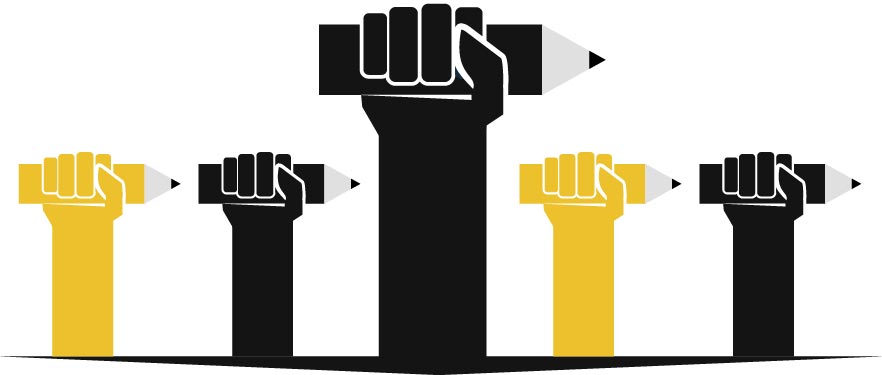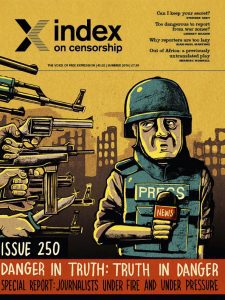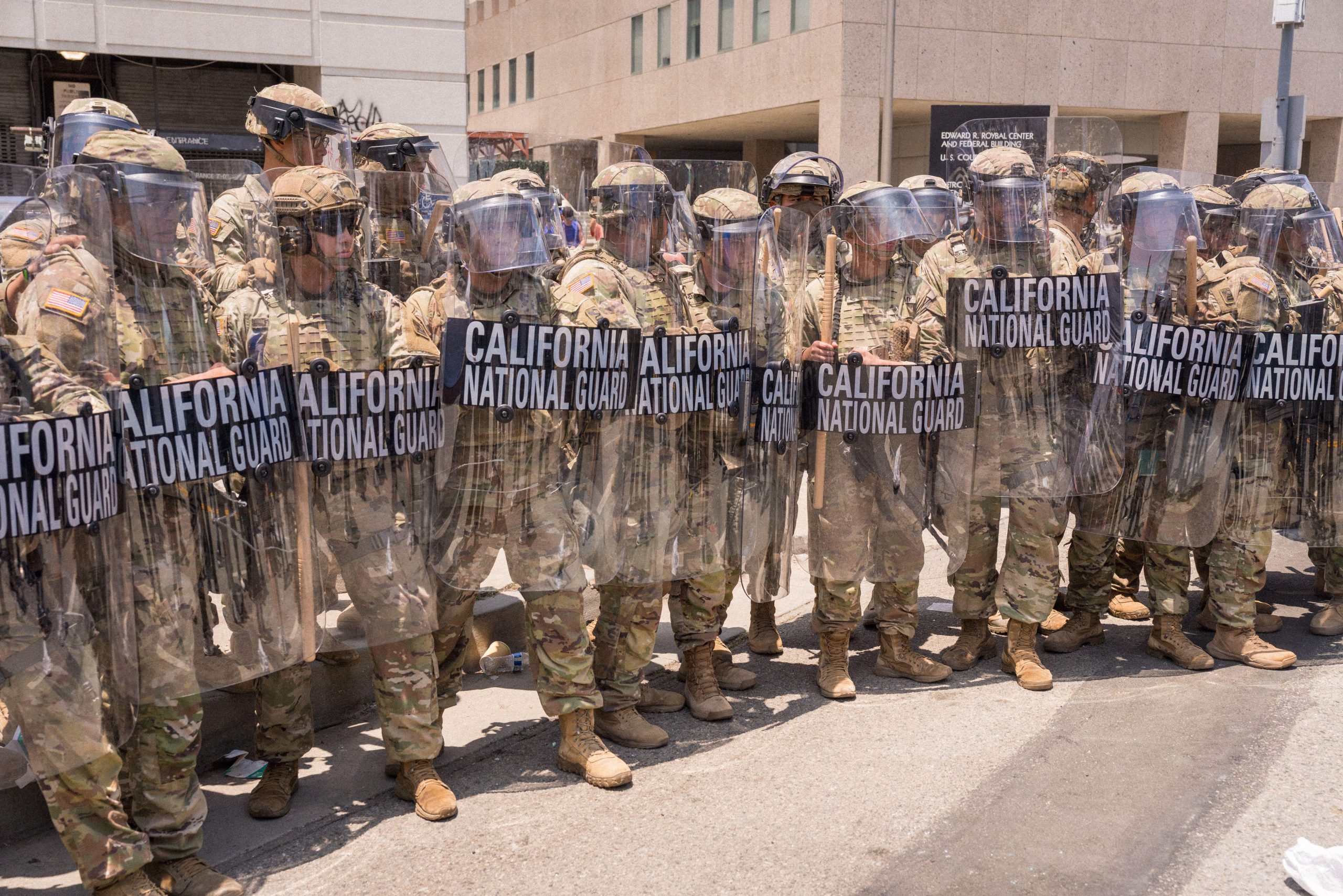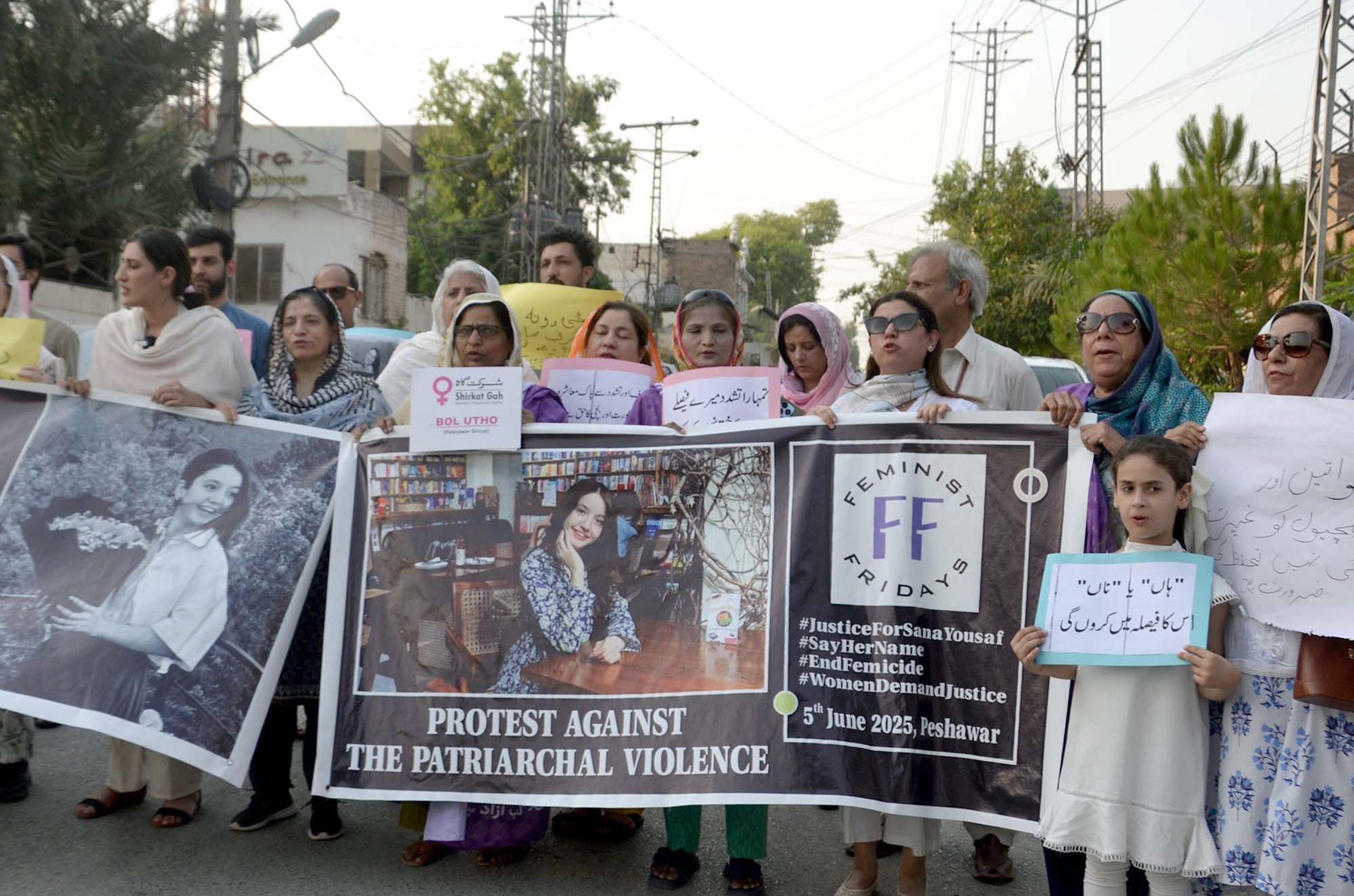[vc_row][vc_column][vc_column_text]

The International Bill of Human Rights, consisting of the five core human rights treaties of the United Nations that function to advance the fundamental freedoms and to protect the basic human rights of all people, was entered into force in 1967 by the UN General Assembly.
The documents contained in the International Bill of Human Rights are: the Universal Declaration of Human Rights; the International Covenant on Economic, Social and Cultural Rights; the International Covenant on Civil and Political Rights; the Optional Protocol to the International Covenant on Civil and Political Rights; and the Second Optional Procotol to the International Covenant on Civil and Political Rights, aiming at the abolition of the death penalty
The full declaration sets out the basic rights all people should enjoy and expect from their governments and other governments. The Universal Declaration of Human Rights and the International Covenant on Civil and Political Rights deal directly with freedom of expression.
Article 19 of the Universal Declaration of Human Rights
Everyone has the right to freedom of opinion and expression; this right includes freedom to hold opinions without interference and to seek, receive and impart information and ideas through any media and regardless of frontiers.
Article 19 of the International Covenant on Civil and Political Rights
1. Everyone shall have the right to hold opinions without interference.
2. Everyone shall have the right to freedom of expression; this right shall include freedom to seek, receive and impart information and ideas of all kinds, regardless of frontiers, either orally, in writing or in print, in the form of art, or through any other media of his choice.
3. The exercise of the rights provided for in paragraph 2 of this article carries with it special duties and responsibilities. It may therefore be subject to certain restrictions, but these shall only be such as are provided by law and are necessary:
(a) For respect of the rights or reputations of others;
(b) For the protection of national security or of public order (ordre public), or of public health or morals.
Article 25 of the International Covenant on Civil and Political Rights
Every citizen shall have the right and the opportunity, without any of the distinctions mentioned in article 2 and without unreasonable restrictions:
(a) To take part in the conduct of public affairs, directly or through freely chosen representatives;
(b) To vote and to be elected at genuine periodic elections which shall be by universal and equal suffrage and shall be held by secret ballot, guaranteeing the free expression of the will of the electors;
c) To have access, on general terms of equality, to public service in his country.
[/vc_column_text][/vc_column][/vc_row][vc_row][vc_column width=”1/2″][vc_column_text]

Index on Censorship’s summer magazine 2016
We’ll send you our weekly emails and periodic updates on our events. We won’t share your personal information with anyone outside Index.
You’ll also get access to an exclusive collection of articles from our landmark 250th issue of Index on Censorship magazine exploring journalists under fire and under pressure. Your downloadable PDF will include reports from Lindsey Hilsum, Laura Silvia Battaglia and Hazza Al-Adnan.[/vc_column_text][/vc_column][vc_column width=”1/2″][gravityform id=”20″ title=”false” description=”false” ajax=”false”][/vc_column][/vc_row][vc_row][vc_column][vc_custom_heading text=”More information about freedom of expression”][vc_column_text]Why is free speech important? Freedom of expression is a fundamental human right. It reinforces all other human rights, allowing society to develop and progress. The ability to express our opinion and speak freely is essential to bring about change in society.
Why is access to freedom of expression important? All over the world today, both in developing and developed states, liberal democracies and less free societies, there are groups who struggle to gain full access to freedom of expression for a wide range of reasons including poverty, discrimination and cultural pressures. While attention is often, rightly, focused on the damaging impact discrimination or poverty can have on people’s lives, the impact such problems have on free expression is less rarely addres[/vc_column_text][/vc_column][/vc_row][vc_row][vc_column][vc_basic_grid post_type=”post” max_items=”4″ element_width=”6″ order=”ASC” grid_id=”vc_gid:1494247299440-5e8d8e06-86b1-1″ taxonomies=”9210″][/vc_column][/vc_row]





